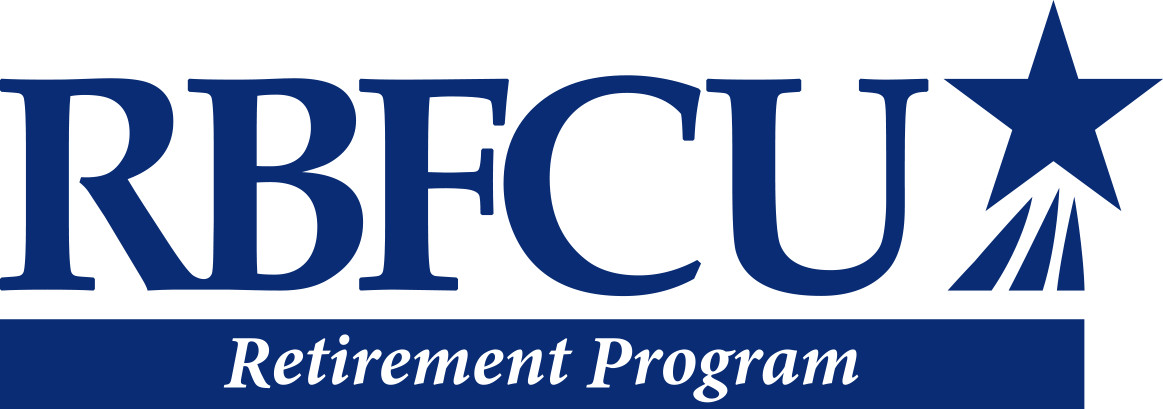School’s Out: Navigating the Paycheck Gap for School Employees
Summer’s here with the promise of sun and fun. But for some school employees, those plans include adapting to a few months without a paycheck.

Because most school employees don’t work during the summer months, districts set up pay periods one of two ways:
- A paycheck every month
- Annual pay spread out over the 10 months that school is in session
Either way, many school employees find themselves developing a spending plan designed with a lower monthly paycheck in mind — or no paycheck during the summer.
If you find yourself in one of these scenarios, here are a few tips for navigating a paycheck gap.
Know your financial resources
To help address an anticipated shortage, it’s wise to first identify all of your current funds (e.g., savings and checking accounts, income outside of your job). This will give you a solid idea of how much money you have available to cover your regular monthly expenses — and what funds you can tap into in case of emergencies.
One way to prepare for a paycheck gap is to maintain a savings account dedicated to helping you bridge the period with backup funds.
“A person who decides to take a 10-month payroll cycle instead of the 12-month payroll cycle might find it helpful to create their own summer fund of two months-worth of pay,” explains Deric Eldridge, a financial advisor with the RBFCU Retirement Program. “Essentially, if you store 16.67% of your paycheck toward this summer fund, you can budget for your payroll gap.”
As you review your income, be sure to include any non-school employees in your household who will be drawing a paycheck during the summer, as well as any income you may receive through a part-time or contract job.
» Tip: Considering a career change soon? If you’re invested in a 403(b) plan, you might also want to explore different options you can take with your previous employer's retirement account.
Follow a monthly budget
For many people facing a paycheck gap, developing a budget1 can be useful to keep tabs and possibly curb spending.
To get started, look at your most important and crucial expenses:
- Rent or mortgage
- Car payments
- Insurance
- Utilities
- Childcare
Look, too, at other costs you routinely incur, such as:
- Groceries
- Dining out
- Gas or transportation
- Household goods
- Gym memberships
- Clothing and shoes
- Incidentals
Using a spreadsheet or app, create a way to monitor the flow of money into and out of your household. Obviously, for households with more than one income and expenses, you may want to look at the bigger financial picture (e.g., saving for college or large purchases) and have honest conversations with your partner about shared spending priorities.
Additional budgetary considerations
Be sure to address any credit card debt that you are working to pay off, too. Making regular payments can help avoid any additional interest charges and late fees.
Are you still making student loan payments? You may be eligible for programs available to teachers to help reduce or forgive student loan debt. Contact your loan holder to determine if you are eligible for reduced payments or loan forgiveness.2
Practice good financial self-care. It’s not just about setting and tending a budget. This approach includes carving out money for fun, too. Although they may seem like an indulgence if your budget's tight, setting aside money in advance for things like vacations, staycations and entertainment (e.g., streaming services, movies, concerts) is a way of taking care of yourself — especially when school's out and your schedule’s more flexible. Summer is, after all, the perfect time for teachers and other school employees to refresh themselves after a busy school year serving others.
» Tip: Don’t forget to consider building your emergency savings fund as part of your long-term budget plan. Having a cash reserve3 — even when your income is limited — can help you prepare financially for unforeseen events (e.g., job loss, economic fluctuations).
Look for ways to cut spending
Trimming excess expenses — especially during summer — can be hard. You may want to enjoy a vacation or special outings with your family, which can be tough if you haven’t already set aside funds. And while those discretionary expenses aren’t necessarily off the table, they may require some saving adjustments to make them easier on your finances.
“Saving to spend” is a strategy that can help you find money to pay for the things you’d like to do.
Consider these ways you can save:
- Cook and eat at home instead of going out to save on meal expenses.
- Look for discounts and free admission at entertainment venues like movies, museums and amusement parks — and be sure you take advantage of any special offers for school employees.
- Use your local library to check out books, e-books and movies. Some libraries even have games and puzzles you can borrow.
- Turn your vacation into a staycation, exploring the tourist attractions and parks near you — and taking advantage of any programs offering free admission for local residents.
- Reduce the ease of shopping online by blocking access to or deleting credit card information at sites you visit regularly — that extra step gives you time to really consider your purchases.
Shop smart
Whether it’s food, household goods or needed clothes for the ever-growing children in your family, shopping is still necessary — even when budgets are limited. When you shop, be a smart shopper and look for ways to save:4
- Compare prices and shop when items are on sale.
- Consider buying generic versus name-brand items.
- Use savings apps that provide discounts, rebates and even cash back when you make purchases.
- Join a store’s loyalty program to receive exclusive discounts and promotional codes — as well as free shipping on some online purchases.
- Use a store’s credit card to receive a discount when you make purchases.
- Take advantage of any sales tax holidays,5 like those offered for back-to-school needs, emergency supplies and energy-efficient appliances.
- If you are a senior, look for stores that offer senior discounts for shopping on certain days of the week.
- If you are prior military, shop at stores that offer a military discount.
Earn another paycheck
Working a second job, especially during the summer, is a strategy that many school employees use to address their paycheck gaps — and even build their retirement savings. Tapping into additional skills, teachers and other school personnel can use a temporary part- or full-time job to ease the strain on their finances, gain valuable experience and stay busy.
Consider finding ways to put your skills to use and earn additional income. You could help staff summer school programs or camps. Serving as a summer tutor — even online — can help cover your expenses.
Thanks to the Internet, today’s classroom educators have more options than ever to earn additional income. Online sites and platforms allow teachers to monetize their lesson plans and other instructional materials, sharing and selling them to other educators across the country.
Finally, as Eldridge notes, many school employees discover that navigating the paycheck gap is an effective way to develop financial strategies for the future. After all, retirement will require similar adjustments in saving and spending. Plus, if you enjoy working an extra job and can do so, summer offers you the time to accumulate more retirement funds.
“If you’re able to find part-time work in the summer, you can then either treat yourself with the new money from your job or set yourself up for success later,” Eldridge explains. “This could be in the form of creating an emergency fund or by putting this money away as a supplemental fund for retirement such as an IRA or 403(b) to use later down the road.”
The takeaway
Whatever the season, RBFCU can help you review your finances to plan for a forthcoming paycheck gap or help you prepare for retirement. Set up a no-cost, no-obligation initial consultation with the RBFCU Retirement Program by scheduling an appointment online.

